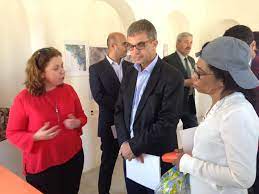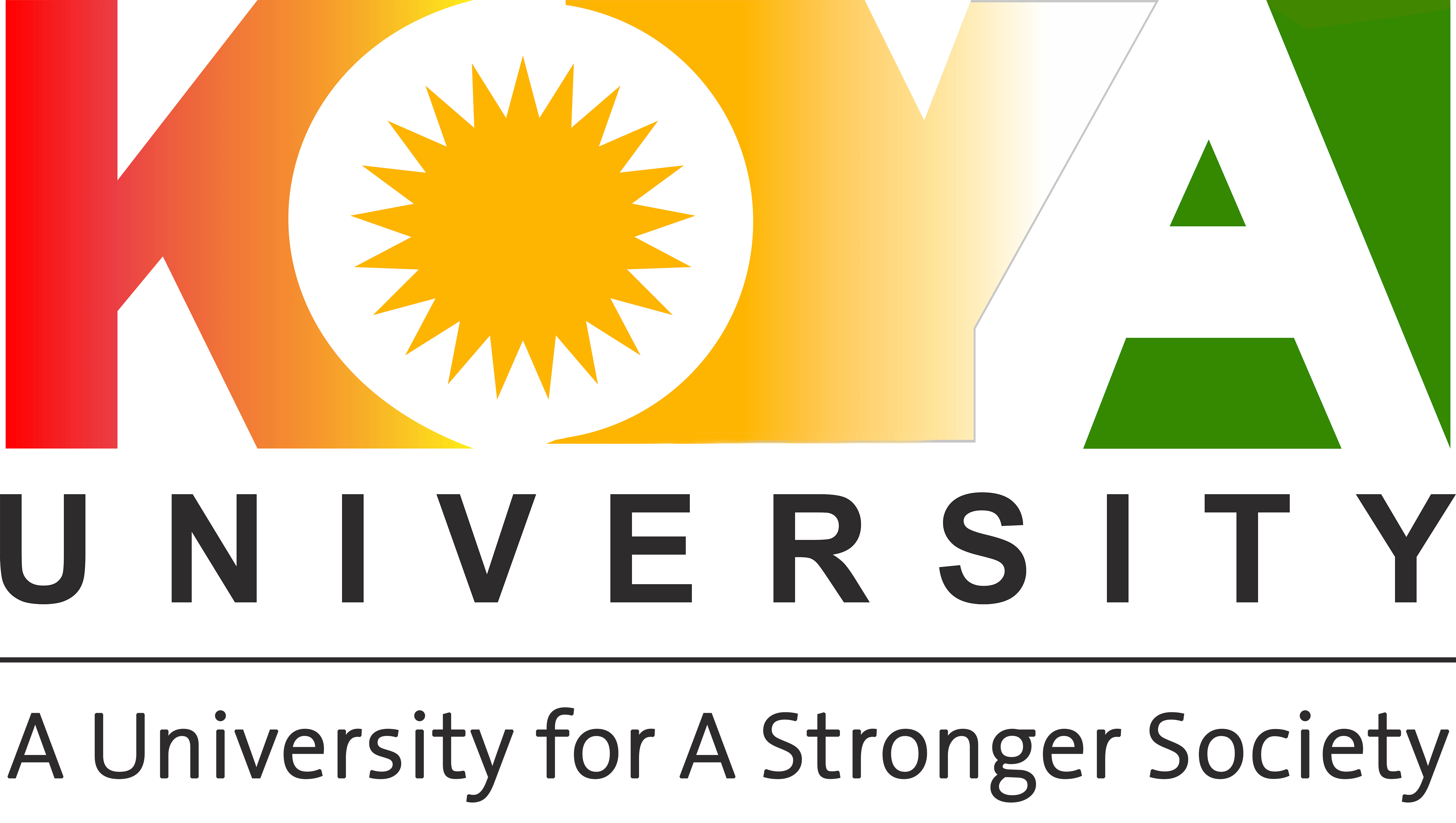On days(10th -12th ) of September, in the University of Innsbruck, which is one of the best universities of this country and its world ranking is 329, an international workshop held in Research Centre of Ancient Worlds Studies and Archaeology (AWOSA) about Digital Histories from the Past. The aim of the workshop was to develop a bilateral project between Koya University and this Austrian University as a part of fulfilling the agreement between both Universities from the project frame about Koya cultural landscape, which started a few years ago in Koya region and the area located around it. The project got approval from the general directorate of the archaeology of Kurdistan region and Koya University by its facilities has backed up the project.
First, Prof. Dr. Ginzia Pappi, Instructor at the University of Innsbruck, his major in Archaeology and the organizer of the workshop, the leader of the Archaeological Survey of Koya. He pointed out the importance of the project and the relationship between Koya University and the University of Innsbruck. He declared the aim of the workshop which includes the mutual work among researchers by mixing the different disciplines like archaeology, history, anthropology, sociology, for a better understanding of oral history and cultural source research in Koya districts.
Second, Prof. Dr. Wali Ahmed (The president of Koya University delivered a speech; he praised the participants of the workshop. He observed the richness of the oral and cultural history in Koya. He emphasized that the oral history can help in developing the contention local societies to face the attempts to change the historical fact of them by central governments. Kurdish society is the best sample of those societies and this kind of projects can explain many faces of the history of Kurdistan.
Then, the participants displayed their topics:
1. Oral Culture of Koya Mobile Tribes
In the first topic, Michael Thevenin (MA in Paris 7 Urmis, IFPO) claimed on the oral history of Koya Mobile Tribes. He clarified the richness of this culture to understand the structure of the society of the region. He also admits the importance of subcultural of Koya clans and families. As an example, he mentioned the subcultural of Hawezi and Ghafuri families. At that time, he talked about the risk of political changes in the region on the tribe’s lives of Kurdistan and their inhabited areas. By this, an important part of the oral culture is nearly lost.
2. Orality as Identity
Next presenter, Asst. Prof. Dr. Haydar Lashkri Khidr, an expert of religious beliefs in Kurdistan, president assistant of scientific affairs and the university representative in the project. He presented his subject entitled “Verbal as Identity - The Importance of Kurdish Oral History”. Lashkri talked about the oral aspect of Kurdish historical identification, which locally directed Kurdish history in an active way. He talked about Kurdish histography and the danger of using oral texts in writing history by Kurdish historians. After that, he talked about the importance of historical recording the Kurdish oral history to view a multi-dimension identity which could be the outcome of this variety in Kurdish landscape. He added to talk about methodical problems of working on oral history. Issues related to the familiarity of history scholars in scientific techniques for collecting scientific history and how to do interviews to move from press model to the scientific argument model and record the daily spoken by people.
In the second day, the workshop was devoted to an acquaintance of historical culture of Innsbruck city and how to keep this history and how to gather the memory of the inhabitants of Alps by Prof. Brigitte and his group.
3. Oral History: The Balance between Daily life and Historical Conflicts
The subject of Prof. Brigitte Truschnegg, an expert in the oral culture at the University of Innsbruck talked about (The Balance between Daily Life and Political Struggle). He talked about historical locality change and historical research, which does not remain as political history and the daily life of common people make a basic central of written aspects. He emphasized the work methods on oral history, especially, the scientific interview method, which helps to make them talk that they muted in historical written texts. Here, the researcher exemplified the history of the woman and said that they always saw outside historical zone to that extent that they themselves believed that their history is not important to be written. Oral history comes and changes this concept and puts values into gender understanding of the historical concept.
4. Visual Anthropology and Digitalizing Memories
Dr. Lodovica Fales (West London University) expert in Visual Anthropology talked about some examples of visual Anthropologies projects in the world in order to make use of digitalization of people’s memory in a certain area like Koya. He emphasized that a project like that needs to set a platform to supervise the spoken of people. He said in the project of gathering memories we no further have individual text writer but the product of text should involve many. In this text which is called documentary films, people are responsible for their narrations. After that, many discussions of the central subjects were talked and the primary issues of the project were set down.
In the third day of the workshop other categories explained:
1. The History of Koya in the Middle Ages
Prof Karl Novacek (Palacky University, Olomouc) as an archaeologic explained the middle ages history of Koya. A history which does not exist in written texts and the archaeological search indicates their wealthiness.
2. Anfal as Examples of Investigation
The main subject of the workshop’s day, presented by Dr. Lenka Starkova (Pilsen University) she is a specialist in Remote Sensing. Miss Lenka explained the technical data and its benefit for understanding better Kurdish modern history especially the Anfal process. She added that collecting information on the ground and comparing it with digital maps. She also analyzed the data by comparing digital maps before and after Anfal and collecting the memory of people and linking it with changes in the natural structure of the region.
At the end of the workshop, the participants, after discussion they determined some issues in order to work on them with the project in the future.
General Objects of Research Project:
- · Digitalizing the story of coexistence religious in Koya.
- · Understanding the variety, counting on religious memories in Koya city.
- · Gender issues in Koya and its surroundings.
- · Narration of old history in modern times.
- · Gypsies and inhabitants in Koya memory.
- · Searching on Koya history in middle ages.
- · Anfal process in Koya region and its impact on charging natural structure.
Next research Program:
For completing the project, in this September a delegation of the participant researchers will come to Koya city and for paving the way for the project and opening a course for collecting memories.
For further information, click on this two news which is relevant to this project.
http://sites.koyauniversity.org/press-room/nucenamekan/y004/issue-43/ne…

